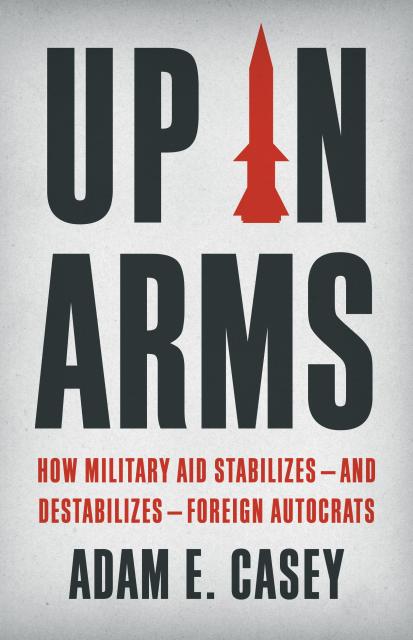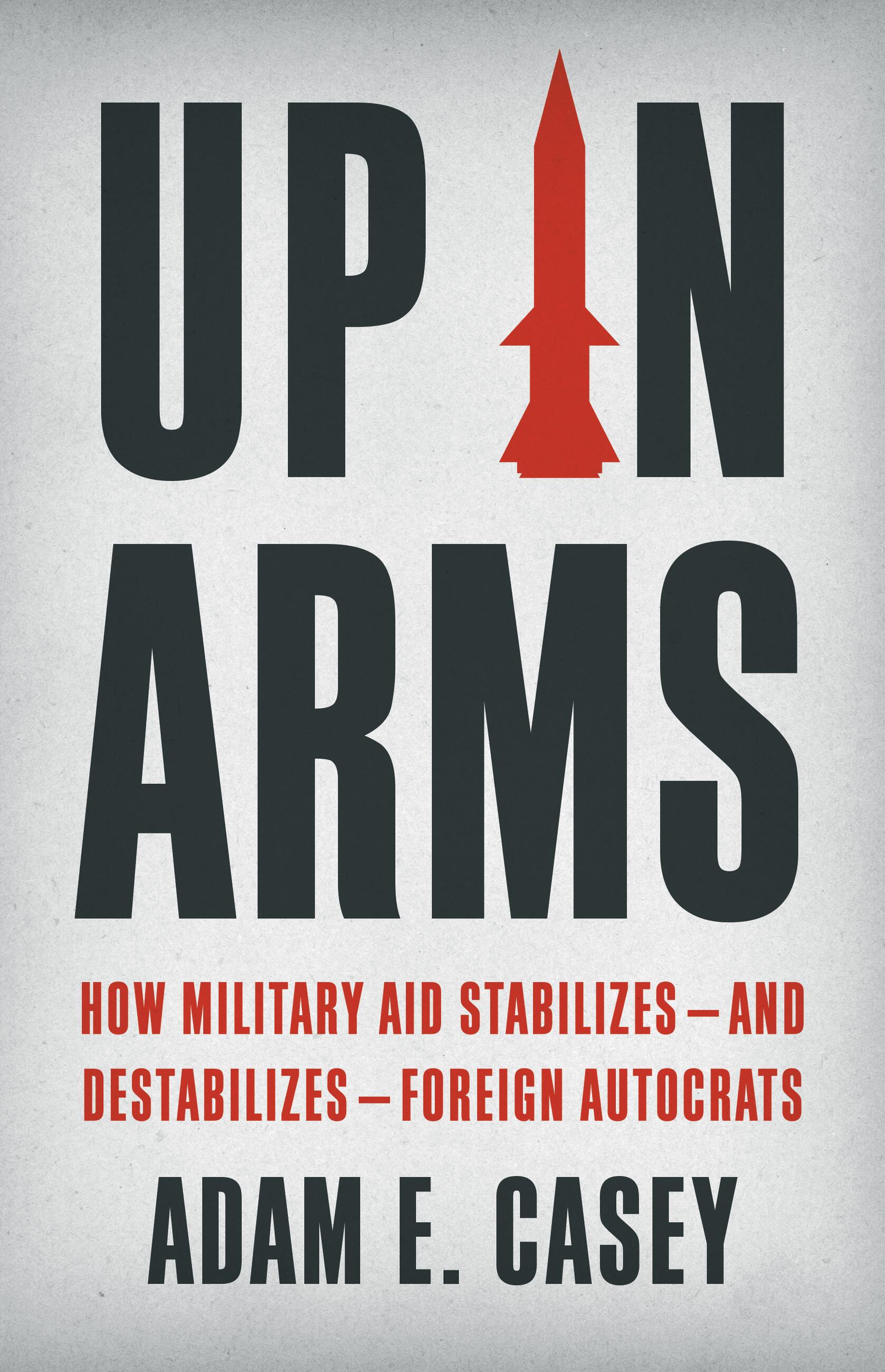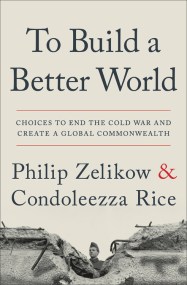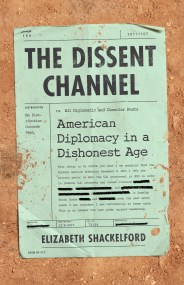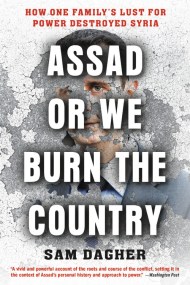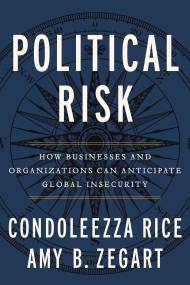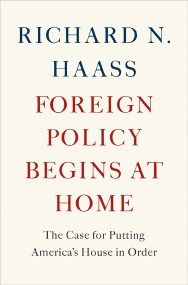Up in Arms
How Military Aid Stabilizes—and Destabilizes—Foreign Autocrats
Contributors
By Adam E Casey
Formats and Prices
Price
$32.00Price
$41.00 CADFormat
Format:
- Hardcover $32.00 $41.00 CAD
- ebook $18.99 $24.99 CAD
Also available from:
Throughout the Cold War, the United States and Soviet Union competed to prop up friendly dictatorships abroad. Today, it is commonly assumed that this military aid enabled the survival of allied autocrats, from Taiwan’s Chiang Kai-shek to Ethiopia’s Mengistu Haile Mariam.
In Up in Arms, political scientist Adam E. Casey rebuts the received wisdom: aid to autocracies often backfired during the Cold War. Casey draws on extensive original research to show that, despite billions poured into friendly regimes, US-backed dictators lasted in power no longer than those without outside help. In fact, American aid often unintentionally destabilized autocratic regimes. The United States encouraged foreign regimes to establish strong, independent armies like its own, but those armies often went on to lead coups themselves. By contrast, the Soviets promoted the subordination of the army to the ruling regime, neutralizing the threat of military takeover. Ultimately, Casey concludes, it is subservient militaries—not outside aid—that help autocrats maintain power.
In an era of renewed great power competition, Up in Arms offers invaluable insights into the unforeseen consequences of overseas meddling, revealing how military aid can help pull down dictators as often as it props them up.
-
"Well written and clearly the product of prodigious research. ...The leaders of the great powers could start eyeing Cold War-inspired playbooks like Casey’s, with dire results for everyone caught in between."New York Times
-
"A methodical study that largely avoids moral posturing, especially about U.S. policies and decisions. That alone justifies taking it seriously... Up in Arms is apposite to the moment."Wall Street Journal
-
“A valuable analysis of how military aid to other countries can hinder dictators as much as it can help them.”Library Journal
-
“Casey capably delves into a key U.S. policy of the Cold War and the reasons for its successes and failures.”Kirkus
-
“US- and Soviet-backed client regimes have been much discussed but little studied. As a result, we know little about the sources of their survival or collapse during the Cold War. Based on an extraordinary study of 280 Cold War autocracies, Up in Arms changes that. A brilliant scholar of authoritarianism, Adam Casey shows that although client-regimes were more stable than other Cold War autocracies, US-backed regimes were far less stable than Soviet-backed ones. He then teaches why. Up in Arms is a must-read for anyone interested in the sources of authoritarian durability or the geopolitics of the Cold War.”Steven Levitsky, New York Times–bestselling coauthor of How Democracies Die
-
“A brilliant and timely book. Adam Casey shows how US military aid for autocrats can sometimes erode their rule, rather than strengthen it, and how the strategic outcomes of such aid are uncertain and unpredictable. Up in Arms is a powerful reminder of the limitations of military assistance to dictatorships.”Odd Arne Westad, author of The Cold War: A World History
-
“Adam Casey's groundbreaking book turns conventional wisdom on its head, showing that American aid to dictators during the Cold War often destabilized and shortened rather than prolonged autocratic rule. Using vivid historical detail, innovative new data, and careful analysis, Casey offers a timely and well-researched corrective with important lessons for the current era of renewed great power competition.”Sheena Chestnut Greitens, University of Texas at Austin
- On Sale
- Apr 2, 2024
- Page Count
- 336 pages
- Publisher
- Basic Books
- ISBN-13
- 9781541604018
Newsletter Signup
By clicking ‘Sign Up,’ I acknowledge that I have read and agree to Hachette Book Group’s Privacy Policy and Terms of Use
